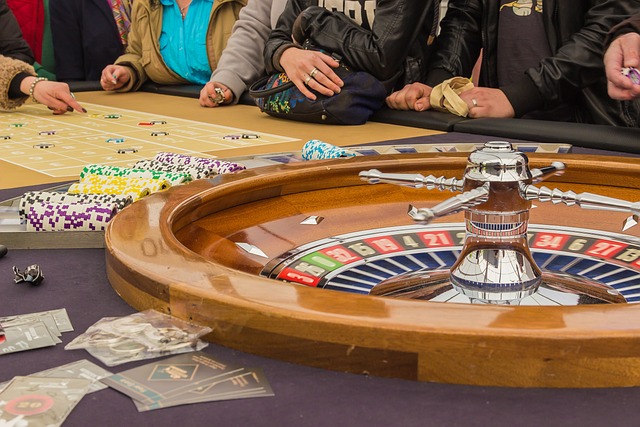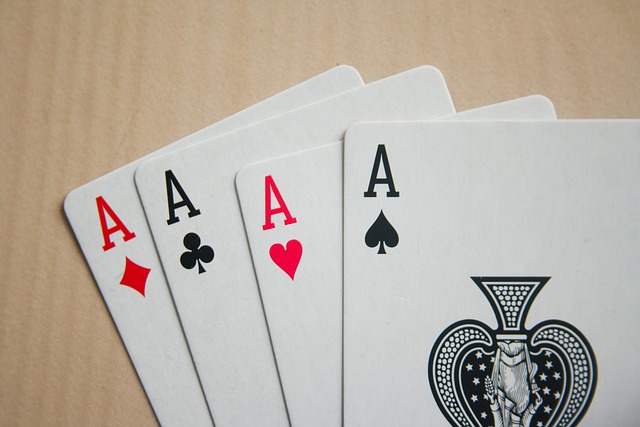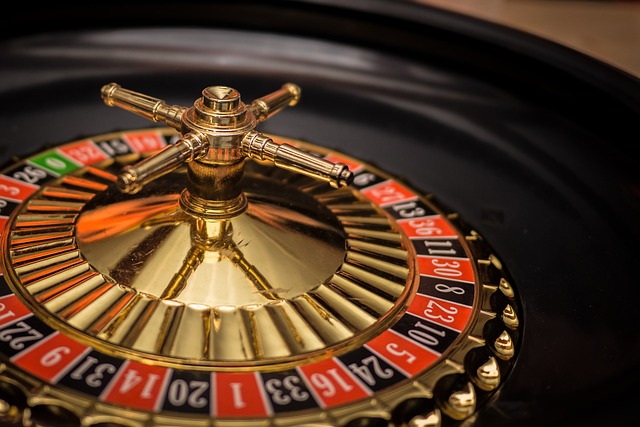What does return to player or RTP mean?

Slot machine play should be enjoyable, responsible and within your financial means, not for income. By knowing the basics of how slots work, you may also be aware of the home advantage. Of course, if everything goes well, you can succeed. But over time, casinos will prevail. The system that ensures the casino will make a long-term profit is called RTP, or Return to Player, and that’s what we’re going to cover in more detail in this post.
Although slots are only a game of chance, a basic understanding of them can still be useful. There are several different levels of casino games available in the market. Most of them are fair because they are licensed, tested and certified by independent testing organizations. That being said, there will always be some bad apples. Luckily, we’re here to help you spot those rotten apples so you can avoid all the pitfalls.
You can’t determine your odds of winning at slots with one measurement. Instead, several variables are at play, including hit rate (likelihood of winning on any given spin), bonus rate (likelihood of winning a bonus), max win probability, and variance/volatility. The RTP only reveals how much money the machine will ultimately return to the players and how much the operator will keep. The claimed RTP is not very useful to players as it is based on millions and possibly billions of spins under certain conditions. Here is more information about it.
Can the player affect the RTP in any way? There are ways to improve your chances of winning without outright doing it. The best strategy is to use the deposit bonuses while playing. This allows you to use more aggressive betting methods while extending your playing time without forcing you to deposit more of your own money. Bonus abuse has become a significant problem in business because bonuses give players an advantage over casinos. We recommend reading our reviews if you want to better understand the technical aspects of the slots you play.
So what exactly does RETURN TO PLAYER or RTP mean?

The more money a slot machine is set to return to players, the greater the return to the player. However, statistics do not reveal anything about your specific sessions. If you play for example at a casino like Videoslots, where your personal return on investment (RTI) is displayed for every game you play and saved for future use, it can range from 10% to 130%. This is not to say that a lower RTP does not directly affect games; it absolutely does. Bonuses may take longer to activate or result in more dead spins.
A high RTP doesn’t necessarily mean you have a better chance of winning big, which complicates things further. When discussing potential, variance, or volatility as it is sometimes called, is another quantitative measure that is often used. Volatility determines how dramatic the fluctuations are; a high variance slot is designed to work a bit like a lottery, with MUCH FEWER entrants paying off. The opposite is the case with low-volatility slots, which regularly pay out smaller prizes.
Unless the RTP is really low, it’s usually not a consideration when choosing which online slot to play. Below 95% RTP in online slots is something we don’t recommend playing. However, many casinos have been forced to lower RTPs to compensate for lost revenue from more regulation of the gambling industry.
Examples
For the purposes of this explanation, let’s assume the RTP of our slot is 100%. This basically means that the casino will make a profit from the slot. After a year of operation, the machine would essentially return the entire bet to the players, but each player is likely to have a very different experience than the next. Will it return all YOUR money? Probably not. It is very important to keep this in mind. If you’re lucky, the slot machine may return your money, as well as the other player’s. As we said, RTP doesn’t really make sense after one or even fifty separate sessions. Once you’ve finished a day’s play, your personal RTP can reach 140%. But if you play enough spins, that number will eventually even out.
Standard RTP settings for games at reputable casinos range from 94% to 97% (96% being the most common). This guarantees their ability to make a profit, which is obviously important to keep them going. Although there are rare exceptions, the RTP of each individual slot should be disclosed in the help file or slot information text. For example, games with a Curaçao license do not always provide RTP. Play the slots with the highest RTP whenever possible.
Volatility
Variability is the flavor that adds spice to the slot game. If volatility is on your side, you can win big on your first spin and make a significant profit. On a day like this, the casino can really be in the red. In fact, there have been cases where casinos had to close after players won huge sums of money that the operator had not insured against. However, most of the time the casino owner just has to wait for the RTP to balance out.
Games to avoid

If you want to play safe, you should only play at legally authorized casinos that are overseen by reliable regulatory agencies such as the Malta Gaming Authority, the UK Gambling Commission and the Swedish Gambling Authority. This guarantees that the casino you play at is fair, open and legal. Playing in an offshore casino is usually a bad idea and often you can’t even determine the RTP of the games (most often in Curaçao).
While most developers ship their games with a fixed RTP, others allow casinos to choose from a predefined list of RTP options to match certain regions. This may be necessary, for example, if a certain market has high taxes and the casino needs additional space. Of course, the casino may also decide to lower it out of sheer greed.
Casinos may select from a specified range of RTP values thanks to reputable providers like Novomatic, Play’n GO, Pragmatic Play, NetEnt, and Red Tiger.
Conclusions
Because every spin counts toward a prize, jackpot slots often have lower RTPs than regular slots.
The differences affect each of your sessions significantly more than a 1-2% difference in RTP. However, you should always look for the casino with the best RTP settings.
Slots found in brick-and-mortar casinos have a significantly lower RTP than online. This is because land-based casinos have significantly higher payouts. The RTP of a real slot machine can be as low as 84% or even lower. Avoid doing this at all costs. Learn more reasons why you should stay away from gambling in brick-and-mortar casinos.
Expected Value (also known as EV+) is increased by casino bonuses, but only if you use high-quality bonuses like those featured on our top casino bonuses page.